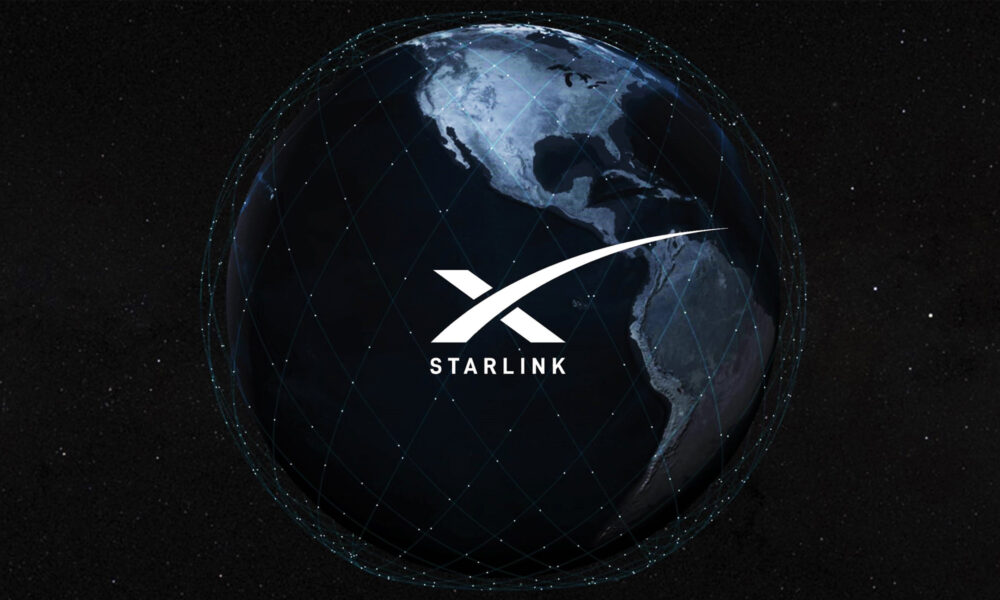News
Starlink To Launch In Lebanon As Soon As 2022

After launching its beta service to select customers across the United States and Canada, Elon Musk’s satellite internet constellation, Starlink, is set to launch in Lebanon as soon as 2022.
Last year, Lebanese computer science researcher Nadim Kobeissi asked Elon Musk on Twitter to position one of his satellites over Lebanon. His tweet quickly gained traction among other Lebanese Twitter users, many of which have to rely on slow and unreliable internet connections that are behind the rest of the world.
To everyone’s surprise, Musk replied, assuring Nadim that Starlink would provide global coverage. Well, it’s now clear that Musk was serious because pre-orders are already available with a fully refundable deposit of $99. The deposit will go toward the cost of the hardware kit ($499), the monthly service fee ($99 a month), and the shipping & handling fee (varies from region to region).
The fine print states that paying the deposit doesn’t guarantee availability. Instead, the deposit gives the payer’s order a higher priority in their region for ordering Starlink when it becomes available in the future.
Those who receive the Starlink kit can look forward to data speeds between 50 Mbps and 150 Mbps and latency from 20 ms to 40 ms, which is good enough for online gaming, high-definition streaming, and video conferencing. Both speed and latency are promised to keep improving as SpaceX, the company behind Starlink, launches more satellites and improves its software.
Already, around 1,000 Starlink satellites have been launched into orbit, but SpaceX has sought approval for tens of thousands more. Other private companies that are planning to launch satellite internet constellations include OneWeb, Amazon, Samsung, and Boeing.
Also Read: Instagram Music Is Finally Available In The Middle East
At the moment, satellite internet access is aimed mostly at people living in rural and hard-to-reach locations, where wired connectivity has typically been a challenge. As the technology improves and the number of satellites in orbit increases, it’s possible that it will become a viable alternative to broadband internet even in otherwise well-connected areas.
It still isn’t clear whether or not the Lebanese government will formally allow the use of Starlink within the country as Ogero, Lebanon’s state telecommunications operator, doesn’t allow the use of Internet services that don’t pass through their network. It will be interesting to see what their take is on the matter.